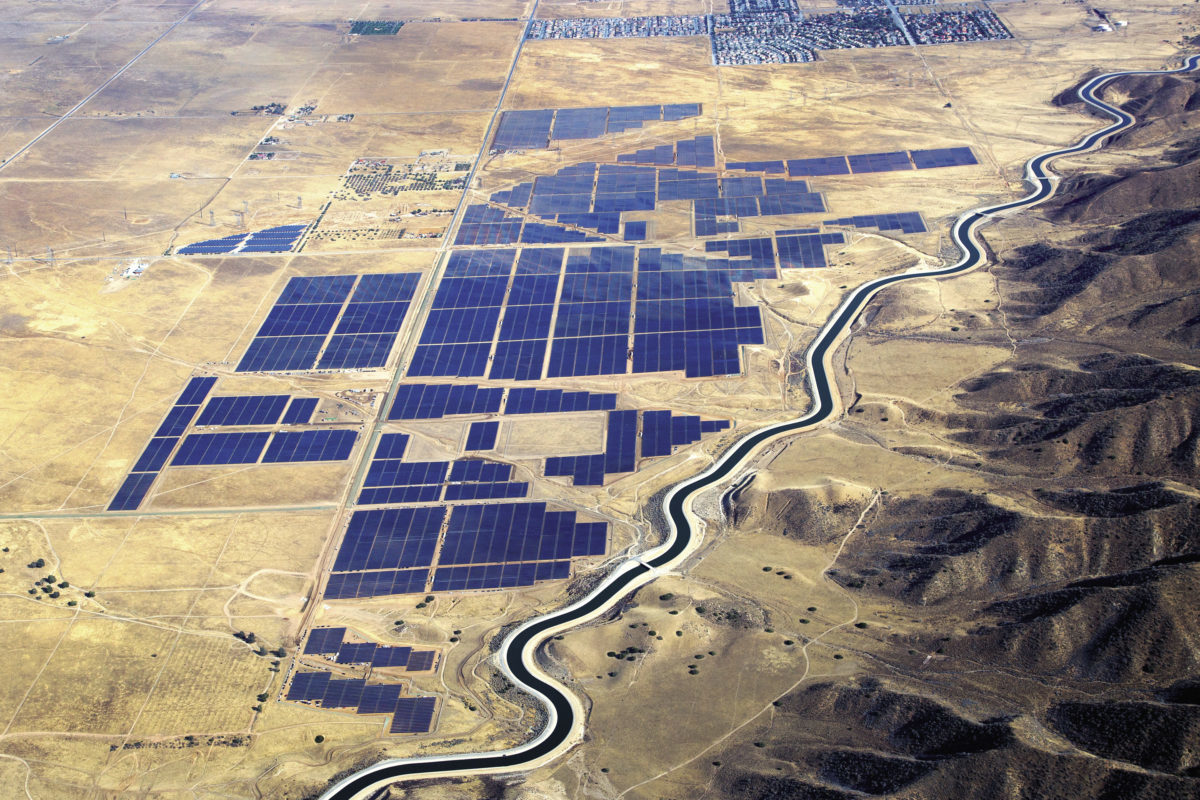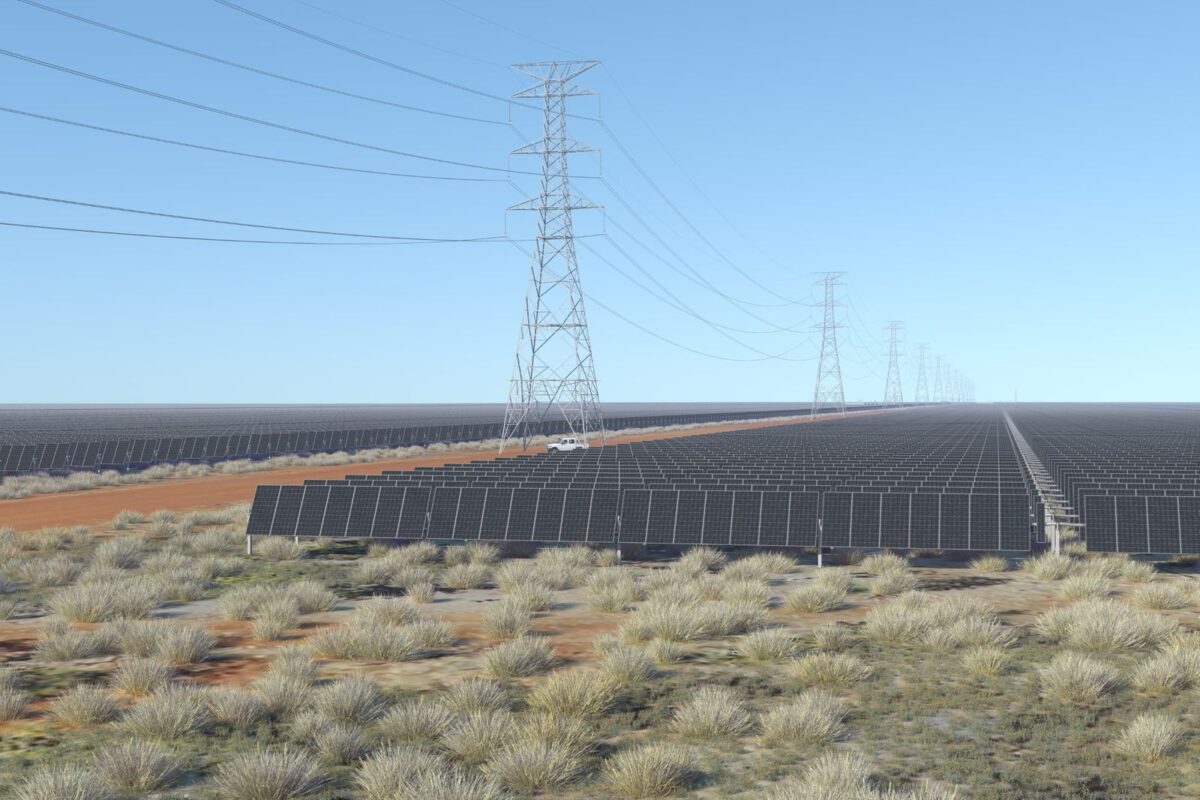From pv magazine Germany.
Chinese solar manufacturer JinkoSolar has announced the U.S. authorities investigating claims of patent infringement made by Korean rival Hanwha Q Cells have not only made a preliminary ruling in favor of the defendants in the case but have also opened an investigation into whether Hanwha can hold a patent of some of the technology at the center of the claims.
Hanwha has filed patent infringement lawsuits against rival manufacturers in Germany and Australia, as well as in the States.
Jinko, Chinese peer Longi Solar and Norwegian panel maker REC are the subject of the lawsuit filed by Hanwha in the U.S. in March last year.
The Chinese company yesterday said administrative law judge MaryJoan McNamara had on Friday made an initial determination to accept Jinko’s claim Hanwha’s “215” patent – named in reference to the final three digits of U.S. patent number 9,893,215 – had not been infringed. Jinko said the U.S. International Trade Commission would review that decision and issue an opinion within 30 days.
Patent review
Jinko also revealed, in a press release issued yesterday, the U.S. Patent and Trademark Appeal Board (Ptab) had in December started proceedings to establish whether Hanwha could claim patent on points 12-14 raised in its lawsuit in the U.S. Citing prior art – previous public knowledge – as a basis for potentially denying Hanwha’s claim to the patents in question, Jinko said the Ptab decision stated the Chinese manufacturer and REC Group had “established a reasonable likelihood of prevailing in showing that claims 12-14 of the ‘215’ patent are unpatentable.”
The Chinese company said it expects a final decision from Ptab by December.
Hanwha Q Cells had not responded to pv magazine’s request for a comment by the time of publication.
The Korean manufacturer also filed patent infringement lawsuits against REC and Jinko at the Düsseldorf Regional Court in Germany and a lawsuit is pending in Australia against Jinko, Longi and REC plus German renewables company Baywa re and solar wholesaler Sol Distribution.
Hanwha has accused its competitors of illegally integrating what it claims is its patented passivation technology to improve the efficiency and performance of their own products.
This content is protected by copyright and may not be reused. If you want to cooperate with us and would like to reuse some of our content, please contact: editors@pv-magazine.com.









By submitting this form you agree to pv magazine using your data for the purposes of publishing your comment.
Your personal data will only be disclosed or otherwise transmitted to third parties for the purposes of spam filtering or if this is necessary for technical maintenance of the website. Any other transfer to third parties will not take place unless this is justified on the basis of applicable data protection regulations or if pv magazine is legally obliged to do so.
You may revoke this consent at any time with effect for the future, in which case your personal data will be deleted immediately. Otherwise, your data will be deleted if pv magazine has processed your request or the purpose of data storage is fulfilled.
Further information on data privacy can be found in our Data Protection Policy.